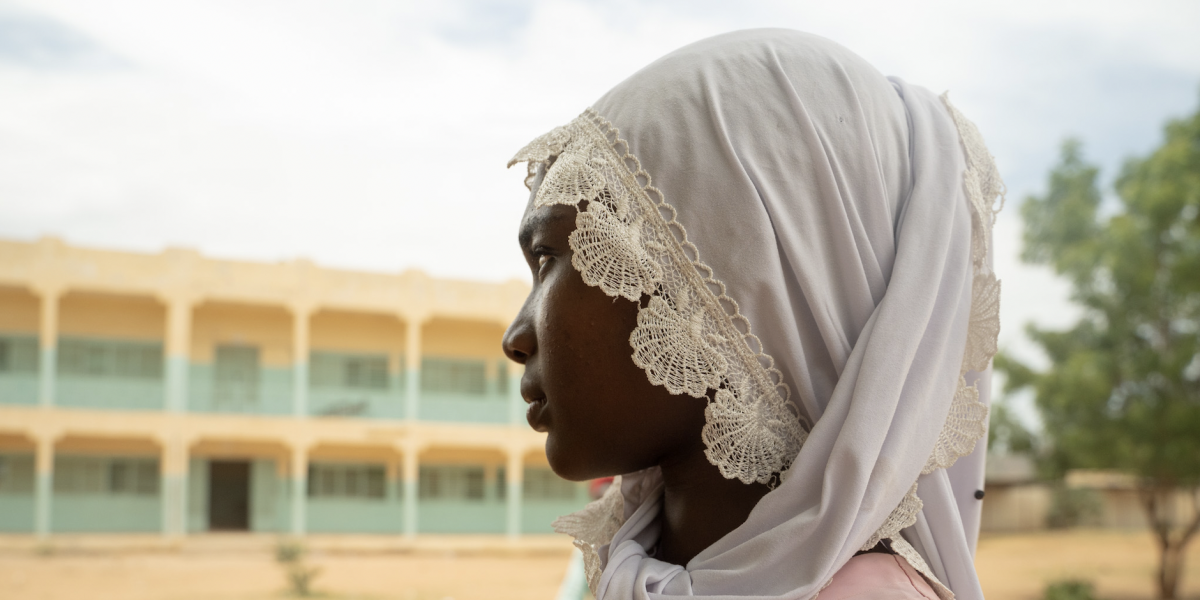Students in Chad struggle with access to education
27 September 2023|JRS West Africa - Chad

Back to school in Chad
Chad has welcomed close to one million refugees and asylum seekers till date, most of whom are Sudanese refugees. Due to the recent crisis, 400 000 Sundaneses have sought refuge in Chadian territory, with 37% school age children. UNHCR Chad estimates 600 000 new Sudanese refugees by the end of 2023, a huge challenge that the Chadian government, UN agencies and other international and national organizations are confronted with, in terms of providing quality education for these children.
“The arrival of new refugee children along with the old refugee children, has added more responsibility to an under-resourced state, thus affecting the beginning of the academic year in the schools in the camps as well in host communities”, explained Maria Valan – JRS Chad secondary education project coordinator. In addition, the process of identifying school-age children and teachers is still in progress, and with difficulties as relocation continues.
JRS has doubled its efforts to ensure education for all.
JRS has planned special preparatory classes for these new children who will be integrated into the Chadian education system. “We are in process of building classrooms and temporary learning spaces in the new camps as well as in the old camps”, said Valan. Aligning with ‘leave no one behind’ JRS works closely with CNC (National Curriculum Centre) and national direction for inclusive education and emergency action, to provide accelerated education to those students who have abandoned school in the past and who will be integrated into formal education later.
Strengthening the national and local capacity is yet another domain that JRS has focused since last year to enable the state to continue to provide education to refugee population. “JRS works in close collaboration with local educational authorities and community leaders from sensitization of parents to major decision making in providing education to children in camps and host communities”, explained Valan.
We do not care just about the access, but the quality of the education. JRS has developed and deployed a multi-disciplinary approach promoting psychosocial friendly environment to respond to the needs of children in camps and host communities. To ensure a positive environment in the classrooms JRS is also coordinating trainings on Chadian Curriculum, inclusive education, MHPSS and social cohesion for the teachers. Psychological support is offered also to reach out to the most vulnerable children.
Despite all the efforts of JRS and our partners, the back-to-school needs are huge: lack of infrastructures and pedagogical materials, understaffing. “The arrival of new refugees definitely demands mobilization of more funds and resources”, expressed Valan. “Confronted with less livelihood options, the communities find extremely hard to ensure education to refugee children on their own, despite a lot of efforts by UN agencies and NGOs towards their resilience” concluded the coordinator.
You can help JRS staff in the area by making a donation today.



